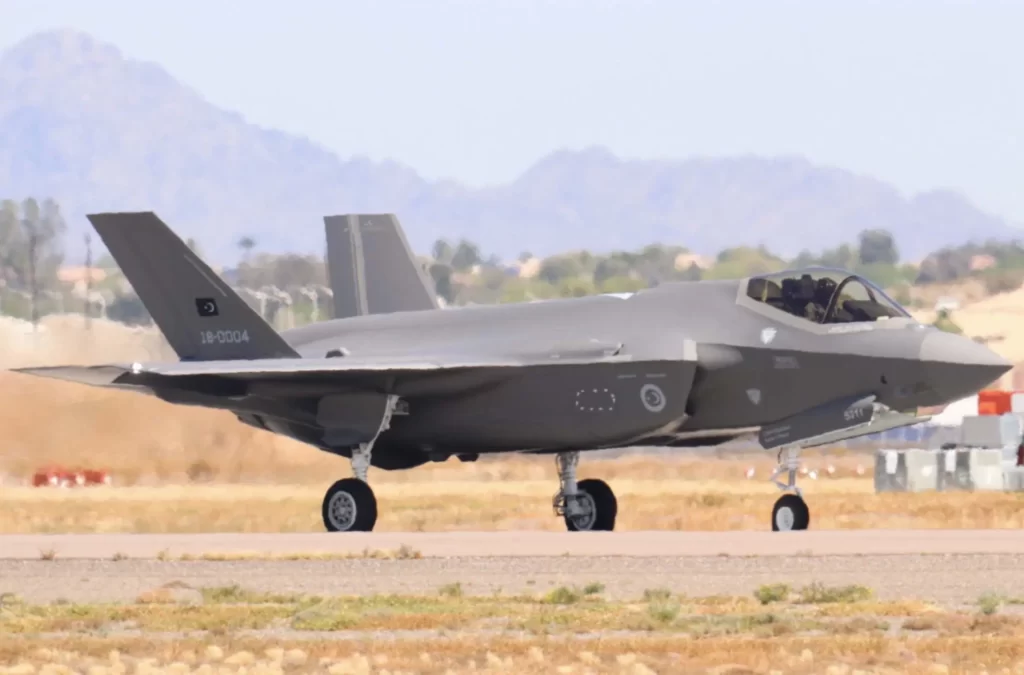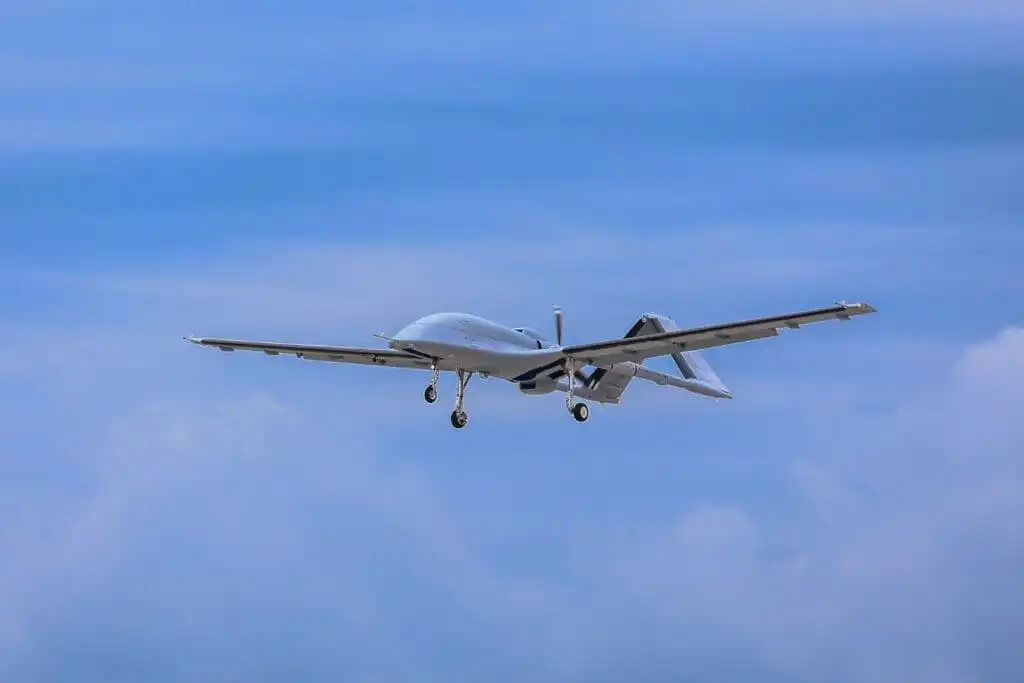Hand in hand with the recent decision not to proceed with the purchase of modernization kits for its F-16 fleet, Turkey has announced that its long-standing efforts to rejoin the U.S. F-35 stealth fighter program might be closer to resolution. Reports indicate that Washington is now more receptive to Ankara’s proposals, likely influenced by the progress of Turkey’s domestic KAAN fighter project. This development, aligning with reports from October, was disclosed by Defense Minister Yaşar Güler during his address to the Planning and Budget Committee of the Grand National Assembly of Turkey.

Minister Güler stated: “We already have six F-35s there (…) Now that they have seen our progress with KAAN, their stance seems to be changing. They are indicating they might be willing to deliver them. We have officially resubmitted our offer to purchase the F-35.” His remarks referred to six F-35 aircraft that Turkey had purchased but never received due to its suspension from the program following its acquisition of Russian S-400 air defense systems.
It is worth recalling that Ankara initially planned to acquire 100 F-35 aircraft, specifically the conventional takeoff and landing (CTOL) A variant, the same as used by the U.S. Air Force. By May 2018, the first F-35 of this series conducted its maiden flight over Texas, departing from Lockheed Martin’s facilities and piloted by a U.S. Navy aviator. At that time, Turkey’s investment of over $1 billion, along with the participation of 10 local companies in the program, appeared poised to yield returns.

However, in 2019, during President Donald Trump’s administration, the U.S. suspended Turkey from the program following its purchase of Russian S-400 systems, citing concerns that Moscow could gain detailed insights into how its systems would respond to the most advanced U.S. stealth fighter. The issue was far from trivial, forcing Turkey to turn to acquisitions like the F-16 Block 70 and pursue a protracted but ultimately approved purchase of Eurofighter Typhoons.
This year, marked by tense NATO negotiations for Turkey’s approval of Sweden and Finland’s accession, Ankara sought to pressure the U.S. to either refund its investment or reinstate its place in the F-35 program. The White House’s receptivity has been notably higher compared to previous years, with discussions emerging on pathways to enable Turkey to acquire the fifth-generation aircraft. This includes talks about potentially transferring control of its S-400 systems to U.S. personnel.

This renewed willingness to negotiate was reflected in statements by U.S. Under Secretary of State Victoria Nuland during a visit to Turkey in early 2024: “If the S-400 issue is resolved, CAATSA sanctions will be lifted, and we will discuss Turkey’s return to the F-35 program (…) Frankly, if we can resolve this S-400 issue, which we want to do, the United States will gladly welcome Turkey back into the F-35 family. If we can overcome this problem, the CAATSA sanctions will be removed, and we can return to F-35 discussions.”
Meanwhile, Turkey continues to emphasize the development of its domestic KAAN fighter program, designed to equip its air force with an indigenously produced fifth-generation aircraft. Initially unveiled in 2019, the aircraft’s specifics remain scarce, but reports suggest it could reach maximum speeds of Mach 1.8 with two F110-GE129 engines and achieve a ceiling of 55,000 feet.


Additionally, Turkey has bolstered its local defense industry, particularly in drone manufacturing through Baykar. Among its recent milestones, the company announced the successful takeoff and landing of a Bayraktar TB3 drone from the Turkish Navy’s new amphibious assault ship TCG Anadolu for the first time. This ambitious approach underscores Ankara’s efforts to diversify its military equipment sources, enhancing its leverage in negotiations.
Images used for illustrative purposes.
You may also like: The first of the new corvettes built by Turkey for the Ukrainian Navy underwent live-fire tests









